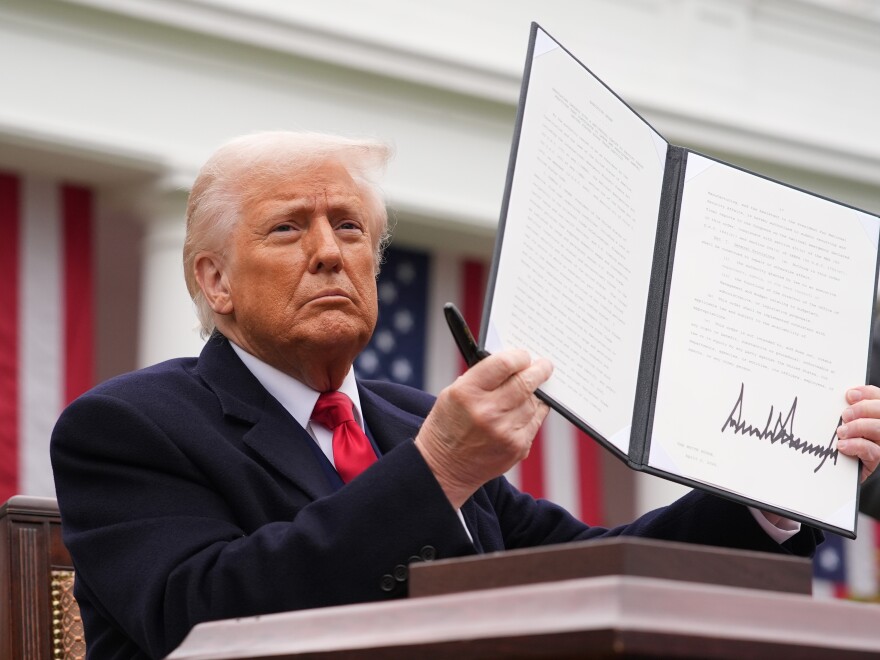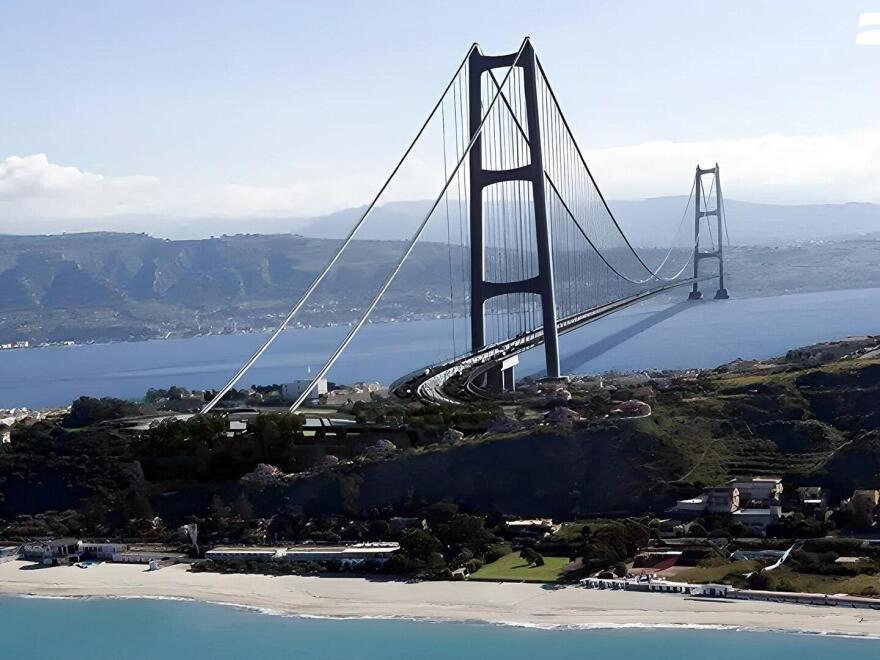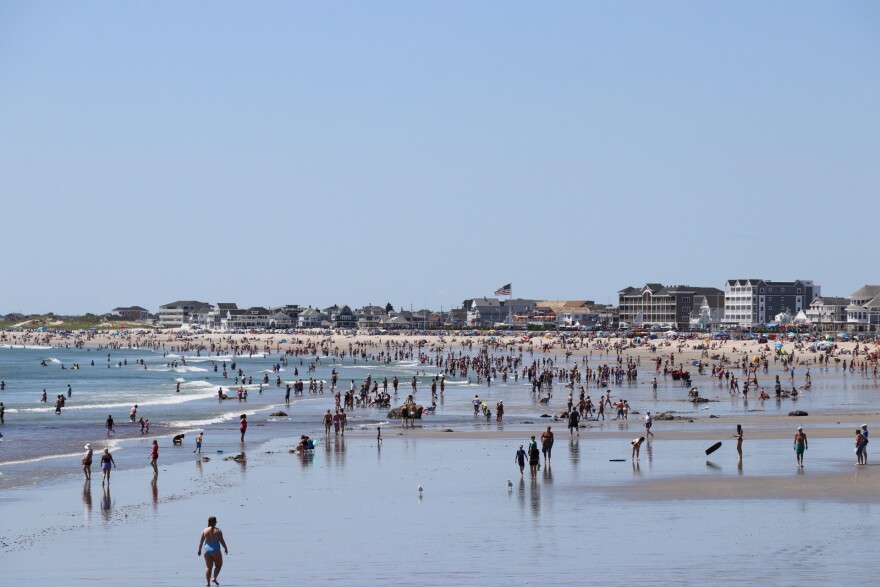All wind energy sites in federal seas, including two million acres in the Gulf of Maine, have been eliminated by the Trump administration.
The Bureau of Ocean Energy Management created the zones so that energy providers may lease wind electricity.
Removing the regions is a follow-up to the administration’s earlier order to halt all wind power lease sales, according to Amber Hewett, director of offshore wind energy at the National Wildlife Foundation.
“The difference is that those places won’t be prepared and waiting when a new administration takes office. The procedure will have to be restarted from the beginning because they have been removed,” Hewett stated.
Fisheries, coastal towns, shipping firms, tribes, environmental organizations, and other stakeholders were consulted for years before the regions were established.
“Regulators reserved the least disruptive areas through those discussions,” Hewett said.
Hewett stated that while a presidential government that is less opposed to offshore wind production may draw from the previous work, that process would still need to be restarted.
Four commercial wind leases in the Gulf of Maine that were granted to developers last year are unaffected by the revocation.
In order to achieve its objective of using only renewable electricity by 2040, Maine has placed a lot of money on expanding ocean wind generation. Within the next 15 years, the state is required by law to purchase 3 gigawatts of electricity from offshore wind in the Gulf of Maine. Citing uncertainty in the ocean wind power market, state officials recently placed the state’s first offshore energy contract on indefinite hold.
The state is examining BOEM’s decision, according to a statement from Dan Burgess, director of the Maine Governor’s Energy Office. The state’s energy strategy “emphasizes the importance of pursuing diverse resources to meet the state’s energy requirements.”
The administration’s move alarmed some proponents of clean power.
Francis Eanes, executive director of the Maine Labor Climate Council, which is backed by organized labor groups, stated, “This action effectively dismantles more than two years of coordinated, good-faith efforts among states, labor unions, Tribal Nations, the fishing industry, and coastal communities to responsibly launch an offshore wind industry in our region.”
Eanes went on to say that the action would jeopardize the growth and employment potential of a new industry in Maine.
However, the agency’s decision was a “great step forward” for the fishing industry, coastal communities, and ocean ecosystems, according to Dustin Delano, Chief Operating Officer of the New England Fishermen’s Stewardship Association.
The group has been financially supported by a right-wing activist group and has opposed offshore wind power.
In a statement, Delano added, “Fishermen have fought against overregulation and seen the decline of many communities for years.”
“All of this has happened while foreign green energy companies were given rushed lease area approvals and free handouts,” he stated.






